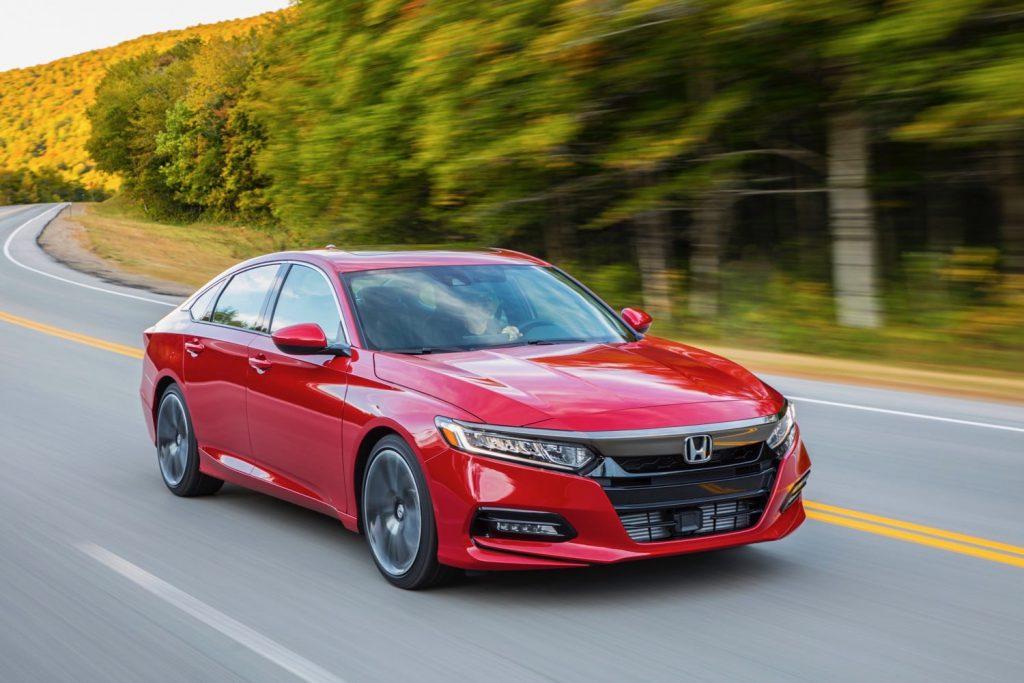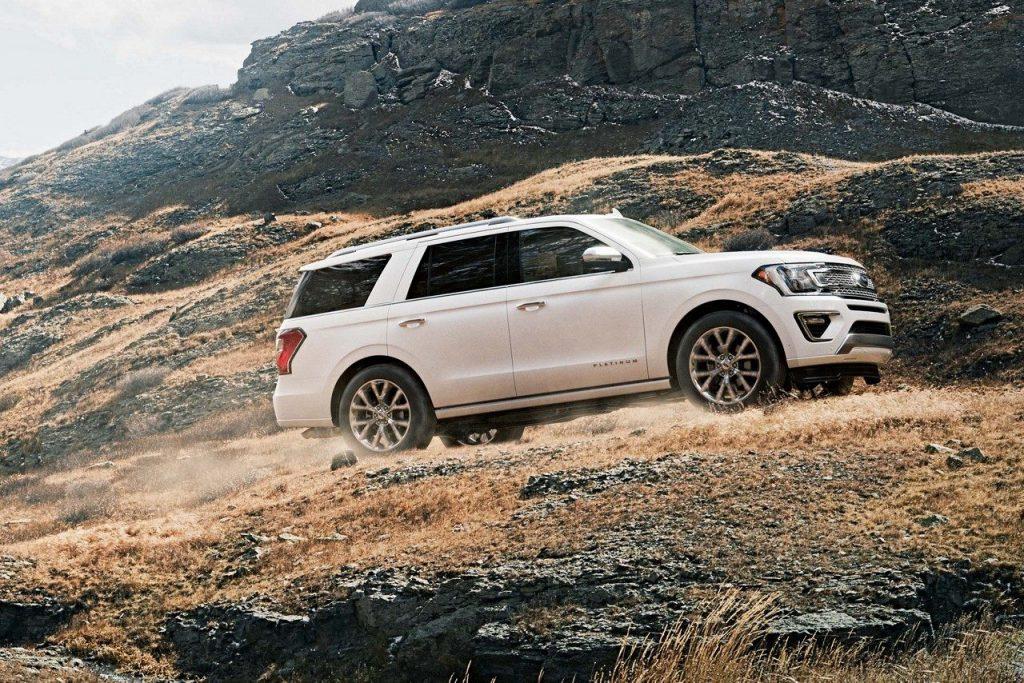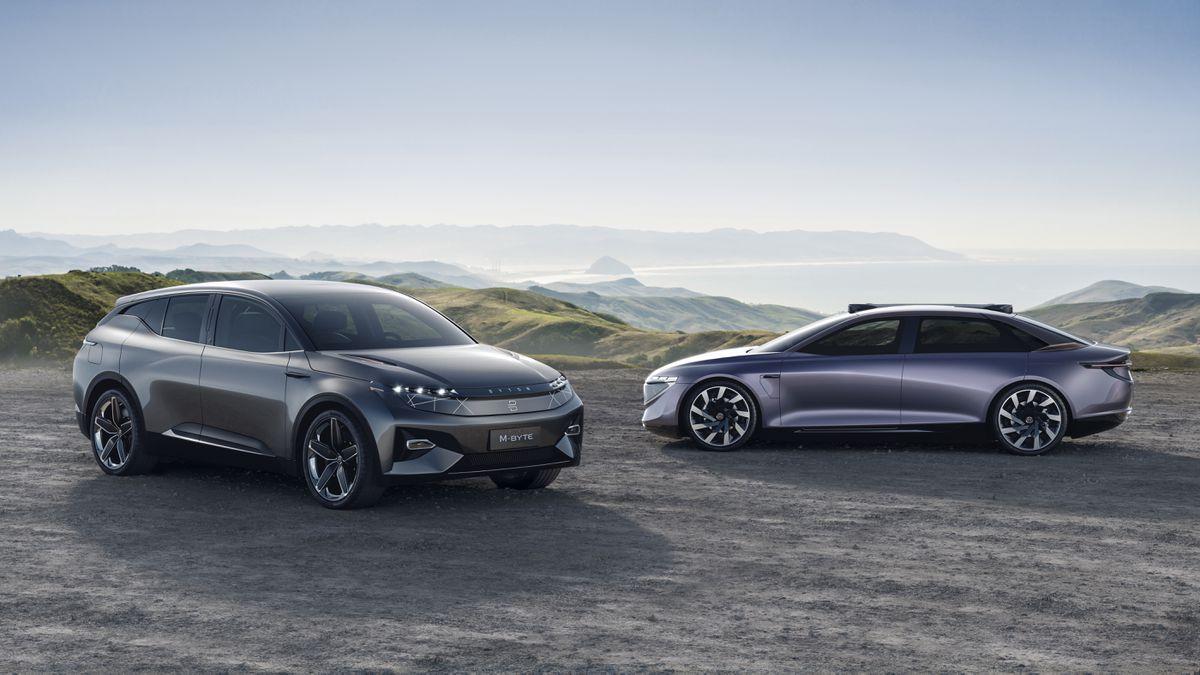Size is a small word with a big meaning. This is one essential factor that car buyers consider when buying a new ride. While one may choose one over the other, it is essential to know which one would be a safer option.
Some may think the bigger, the safer, and others may contradict. But are bigger cars safer than small cars ? Let’s explore the sizing factor below.
Contents
How Are Bigger Cars Safer Than Small Cars?
Car size has always been a matter of concern when investing in your new ride option. Where some people would suggest buying a smaller car, the others may tell you to invest in the bigger one.
If overall safety is what you seek for, looking through the following section can come in handy.
1. The Weight Factor
Small cars are compact and may look convenient, but the fact is; the bigger the car, the better the safety.
The big and heavy is always a recommended choice over small and light. The weight of a bigger car aids in preventing the reflex impact in case of a frontal collision.
This is because bigger cars tend to have longer hoods, large crash zones that give them an upper hand at the time of a crash.

>> More Japan used car types are here, click for more information <<
It is known that the heavier vehicle would push back the smaller and a lighter car and would suffer the least during a collision. In turn, there would be least of the damage to the car and the car occupants.
A survey data says that there have been 13 fatalities per million registered SUV owners when compared to 64 fatalities per million registered small car owners. This data justifies why are bigger cars safer than small cars.
2. The Momentum Factor
When the car you are driving is heavier, it would also have more impetus. In case, you are headed for a collision against a lighter vehicle; your car would take some time to halt.
This implies that the energy of your vehicle would get transferred onto the smaller one, in turn, saving you from the consequences.
The same is not true for the smaller car though. When a big car such as an SUV collides with a sedan, the latter is likely to suffer.
The push to the sedan would be greater, thus more of haphazard. So if someone asks you,”are SUVs safer than sedans,” you would know the answer. You could also go through driving tips to know about preventable car crash injuries.
Are SUVs Better?
People usually ask, “Are SUVs safer than cars,” well the answer is definitely, yes! SUVs or sports utility vehicles as you may say are safer than cars.
These vehicles are the most trending category when it comes to safety built-up and features.
The advantage of bigger SUVs is that they are taller thus making them safer in case of underride. According to a 2015 survey, SUVs bagged the best position in terms of safety.

SEE MORE:
Yes, bigger is always better, but for that, you need not compromise on other factors. Cost, fuel efficiency, convenience, comfort, and requirements are some other factors you need to look into.
One more thing, technology has taken over and has invented safety systems that have nothing to do with size. Yet again, when talking about the safest, SUVs are the best.
FAQs
1. What makes bigger cars safer?
Bigger cars have several advantages that contribute to their safety. They typically have more space for crumple zones, which are areas designed to absorb and dissipate energy during a crash.
Additionally, their larger size and weight give them a better chance of coming out on top in a collision with a smaller vehicle.
2. Can small cars be safe?
Many small cars are designed with advanced safety features, such as multiple airbags, electronic stability control, and collision avoidance systems, making them much safer than older models.
The safety of a car also depends on its design, construction, and the safety features it includes.
3. How does vehicle size impact crash outcomes?
In general, occupants of larger vehicles tend to fare better in multi-vehicle collisions due to the physics involved.
Larger vehicles have greater mass and therefore exert more force upon impact, which can lead to more severe damage to smaller vehicles and potentially greater injuries to their occupants.
4. Does this mean I should always choose a bigger car for safety?
Not necessarily. While size and weight are important factors in safety, they aren’t the only ones.
Safety also depends on the vehicle’s design, its safety features, and how well it performs in crash tests. Additionally, larger vehicles can be more challenging to maneuver and might not be as efficient as smaller cars.
5. Are there safety tests that compare small and large cars?
Organizations like the Insurance Institute for Highway Safety (IIHS) and the National Highway Traffic Safety Administration (NHTSA) conduct crash tests on vehicles of all sizes.
These tests can provide valuable information about how different vehicles might protect occupants in a crash.
6. What safety features should I look for in any car?
Independent of the car’s size, look for advanced safety features such as anti-lock braking systems (ABS), electronic stability control (ESC), airbags (front, side, curtain, etc.), and active safety technologies like automatic emergency braking (AEB) and lane-keeping assist (LKA).
7. Is driving a bigger car always better in terms of safety?
Driving a bigger car might offer more protection in a collision, but it also comes with its own set of challenges, such as increased stopping distances, larger blind spots, and potentially more difficult handling.
The best choice depends on your specific needs, driving habits, and the environment in which you’ll be driving.
The Final Words
Now that you know how are bigger cars safer than small cars, you would know which option to choose. If you can’t afford an SUV or don’t find it your type, you could buy a sedan too.
Remember to look at the safety ratings and crash rates so that you can choose better. After all, safety has always been better than convenience!



